If he who does not know kept silent, discord would cease
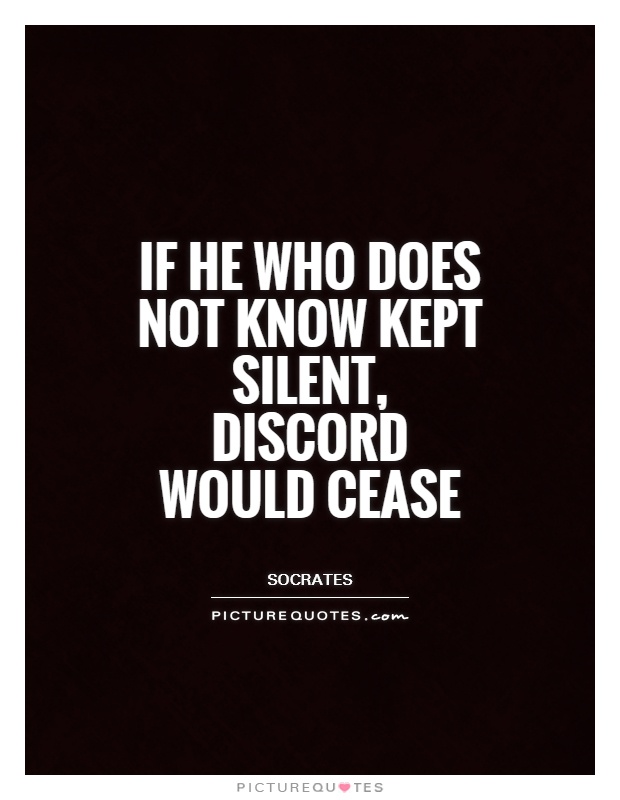
If he who does not know kept silent, discord would cease
In the context of Socrates, the statement "If he who does not know kept silent, discord would cease" holds significant meaning. Socrates was a Greek philosopher known for his method of questioning and challenging the beliefs and knowledge of others. He believed that true wisdom comes from acknowledging one's own ignorance and constantly seeking knowledge and understanding.Socrates often engaged in dialogues with his fellow citizens in Athens, questioning their beliefs and challenging their assumptions. He believed that by admitting one's ignorance and engaging in open and honest dialogue, individuals could come to a deeper understanding of themselves and the world around them. In this way, Socrates believed that discord and conflict could be avoided.
The statement "If he who does not know kept silent, discord would cease" can be interpreted in several ways in the context of Socrates' philosophy. One interpretation is that if individuals were humble enough to admit their own ignorance and refrain from speaking on matters they do not fully understand, then misunderstandings and conflicts could be avoided. By acknowledging our own limitations and being open to learning from others, we can create a more harmonious and peaceful society.
Socrates also believed that true knowledge comes from questioning and examining one's beliefs and assumptions. By engaging in open and honest dialogue with others, individuals can challenge their own beliefs and gain a deeper understanding of the world. This process of questioning and self-examination can lead to greater wisdom and insight, ultimately reducing discord and conflict.




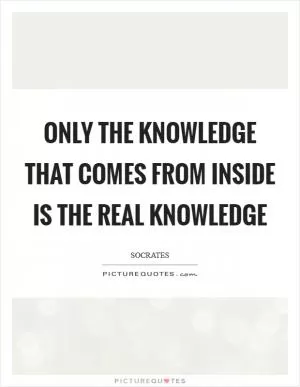

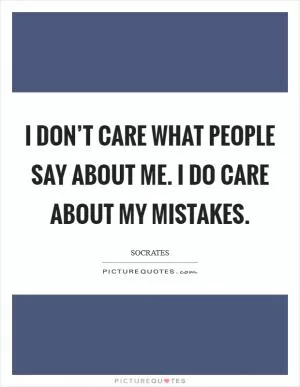

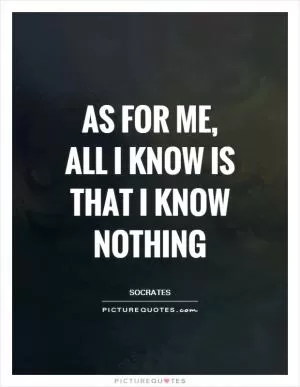


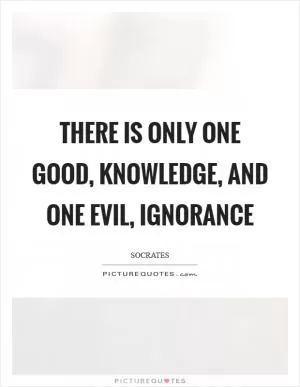
 Friendship Quotes
Friendship Quotes Love Quotes
Love Quotes Life Quotes
Life Quotes Funny Quotes
Funny Quotes Motivational Quotes
Motivational Quotes Inspirational Quotes
Inspirational Quotes